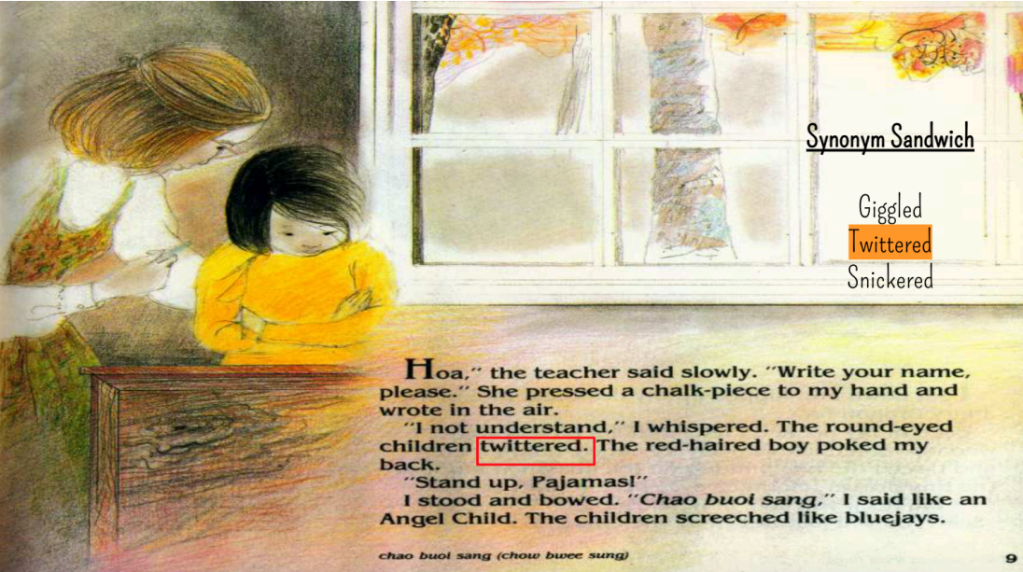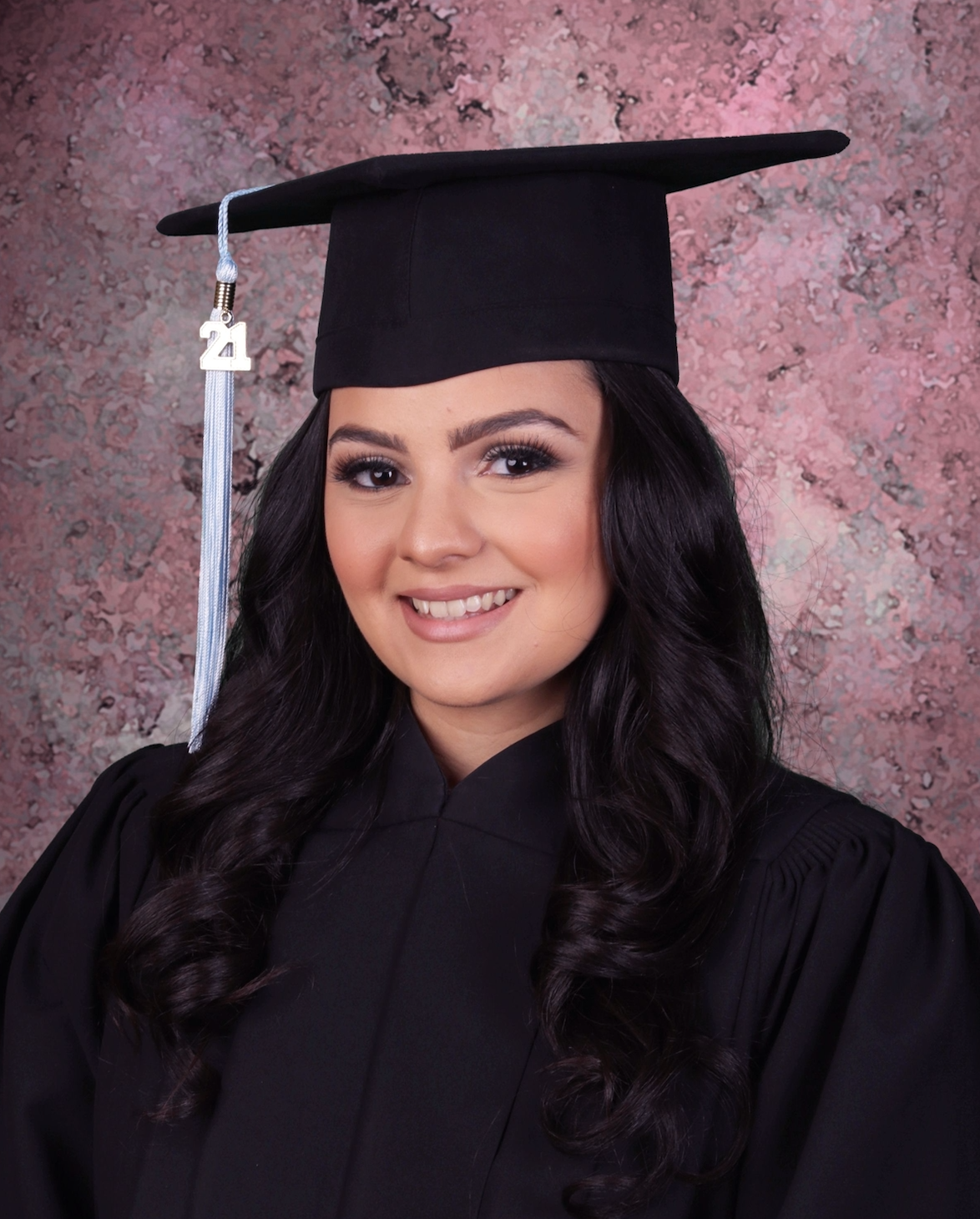
As an Associate Professor for the Touro University TESOL/BLE Department, I am immensely proud to feature outstanding student work from our MS in Teaching English to Speakers of Other Languages (TESOL) Program. New York’s linguistic diversity demands teachers who can find common ground and effectively communicate with students from different language backgrounds. Academically rigorous and practice-intensive, the 33-credit program leads candidates who complete all coursework, and fieldwork to recommendation for ESL certification.
Amanda Foti: She is in her third year as a fourth-grade teacher at P.S.131 in the vibrant Brooklyn, New York community. Alongside her teaching adventures, she is also deep into the TESOL graduate degree program at Touro University, adding more tools to her teaching toolbox. What really lights her up is the opportunity to step into the role of an ESL teacher for her incredible group of students, creating a classroom where everyone feels seen and supported. She believes that “In learning you will teach, and in teaching you will learn.” – Phil Collins
At Touro University, I found that learning and teaching go hand in hand. As I learned, I also got to teach others, creating a circle of knowledge. Touro is not just a school; it’s a place where everyone learns from each other, making education a shared adventure.
Amanda Foti, TESOL Candidate,
Touro University, Graduate School of Education
Assignment description:
Instructional Material Critique & Redesign with Infographic
Setting the stage:
Imagine you are the TESOL expert and the librarian come to you to select books for your multilingual learners – how will you sdecide? This project will help you focus on choosing inclusive books AND academically rigorous for multilingual learners.
Look at the books and texts YOU are using RIGHT now in your classroom – what is in your reading corner, what do you use with your students for history, math, music etc? Look at those books or chapters with a fresh focus! How can YOU support English language acquisition for your ELL’s?
You will engage in a comprehensive evaluation and redesign project focused on creating culturally and linguistically responsive classrooms and instructional practices for English Language Learners (ELLs) and MLs. The assignment consists of five steps.
You will choose 3 books to analyze or 3 book chapters. Two of the books/chapters are in their grade level, and one book/chapter must be a different level; So if the first set is elementary level, the third book/chapter must be either middle or high school, and vice versa. Going to your library is an excellent resource, please use it. You must provide an appropriate APA style citation for EACH book. I welcome photos of your books that demonstrate what you are discussing.

